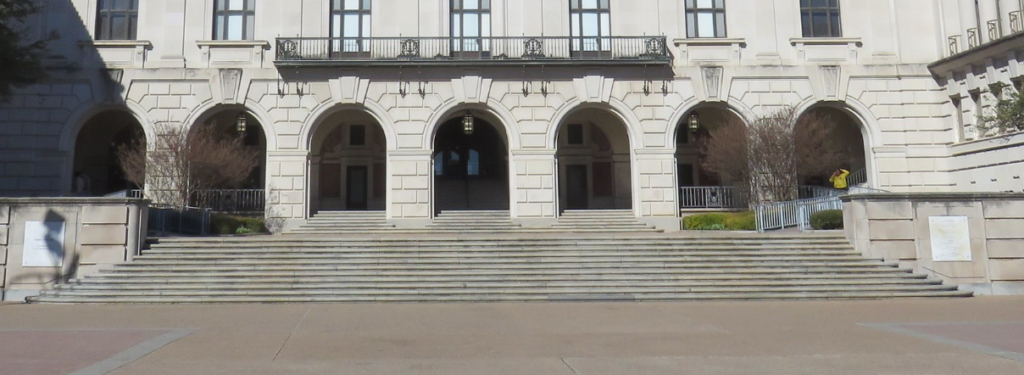
Student loan forgiveness would help everyone, but it wouldn’t help everyone equally. Everyone would benefit a lot, and the people who still owe money would benefit somewhat more than the people who paid off their debts.
Let’s call the people who paid off their debts Vladimir, and the people who still owe are Ivan.
Just to be clear: student loan forgiveness means that Vladimir and Ivan would get all the benefits that the US as a whole would get from the program. Ivan would get the additional benefit of not having to pay back as much money. So, Ivan would benefit more.
“Vladimir’s Choice” is a Russian folk tale that is used by cognitive pscyhologists to explain why people will often choose not to benefit just in order to make sure an out-group doesn’t also benefit. Vladimir, an impoverished peasant, was one day visited by God, who said, “Vladimir, I will give you anything you want.” While Vladimir was thinking about what he wanted, God said, “But there is one condition. Whatever I give you, I will give twice that to Ivan.” Vladimir thought about it for a while, and then said, “Gouge out one of my eyes.”
There is a classic experiment along these lines. People are broken into two groups, and one group (Vladimir) is given the option of getting ten dollars, in which case five dollars will be given to the other group (Ivan), or getting twenty dollars, in which case fifteen dollars will be given to Ivan.
It’s astonishing the number of people who choose the first option—Vladimir’s Choice. The book Dying of Whiteness has a chapter about people who would materially benefit if Medicaid were expanded to their state (by which I mean they would live longer) but they would rather suffer than allow those same benefits to go to minorities.
There are, I think, some really good objections to student loan forgiveness in terms of disproportionate benefit (some of which are mentioned here and here). These objectons have to do with such a transfer of wealth benefitting people who are already reasonably well off (I think they’re reasonable, and imply some methods of forgiveness are better than others, not that the whole idea is bad). But that isn’t the kind of objection I hear most often—the one I hear is Vladimir’s Choice.
